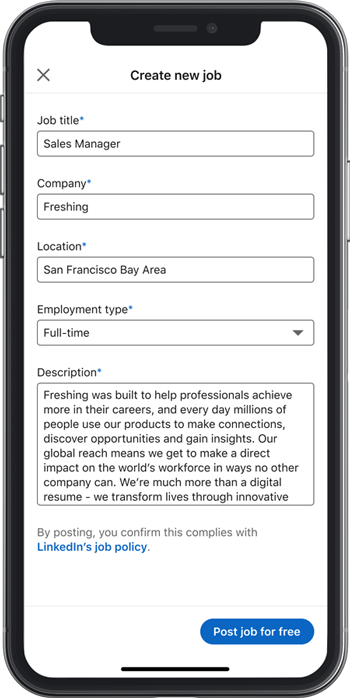We’ve heard for decades that most interview decisions are made within seconds. Someone meets you and pretty much sizes you up in those first few moments. I think that’s mostly correct, but every interviewee still has that time to change hearts and minds.
Sure, you came in and immediately made a verbal gaffe or smelled like old lady feet, that doesn’t mean you’re dead in the water! You can still make a comeback, but it really depends on your personality and how you engage with those in the interview.
Here are 5 magic phrases if you used at the right time and context can make you exponentially more likable in your next interview:
1. “Wait, can you say that again, I want to write that down?”
Of course, you need to use this phrase when appropriate. Let’s say a leader in the interview says something about how they like to manage, or something about their leadership style, etc. It should be quotable or something that would need writing down. But the phrase is very flattering to the person it’s said to.
Alt versions:
“I love that idea! I’m going to write that down so I don’t forget it.”
“That’s interesting, I like how you do that, I’m going to write that down so I remember.”
2. “Thanks for asking…”
Again, needs to be used in the right context. “So, tell us about yourself.” Is not a good time, to say, “Thanks for asking, well let me tell you about me!” That seems corny at best! But, many times in interviews we get the, “Do you mind if I ask…” This is when it’s a perfect time. “No, in fact, Thanks for asking that question…”
3. “Sorry for interrupting, I’m a little nervous during this interview and can get really excited to respond.”
This works well when you know you probably jumped the gun, but the interviewer was let you go on anyway. To be able to finish your thought, but let them know that you know, you probably stepped in too soon. “I’m sorry, I think I interrupted what you were going to say…” Also, especially in a setting when you’re a male being interviewed by a female, you don’t want to come across as mansplaining or hogging the floor. Being able to acknowledge you’ve interrupted shows high self-insight and gives the floor back to the person who should have it.
Alt versions:
“Sorry for interrupting, I’m just really into this topic!”
“Sorry for interrupting, I think I didn’t let you finish your question or thought.”
4. “I’d love your input on…”
In every interview, usually towards the end, there is always the, “do you have any questions for us…” A better way to approach that as an interviewee is to use the “I’d love your input on…” I’d love your input on how you believe “X” technology will evolve or change your business? I’d love your input on how you think my skills can be used within your department? From a communication standpoint, asking for input connotates conversation and peer level. It brings the interview back to the level of professionals having a conversation.
5. “I usually dread interviews, but this has actually been fun.”
Now, it might have been torture, but you don’t want your captives to know that! Letting your interviewers know you had ‘fun’ when interviewing them lets them know you feel comfortable. Much of the interview process is about “do we and they feel comfortable together”. Just as you worry about do they like me, many interviewers are worrying about the same thing! You are saying, whoever I am, I match you guys and I could get used to this.


